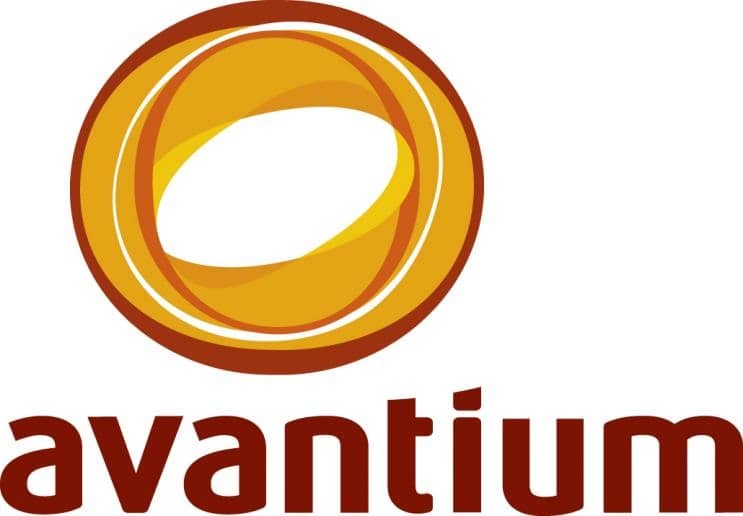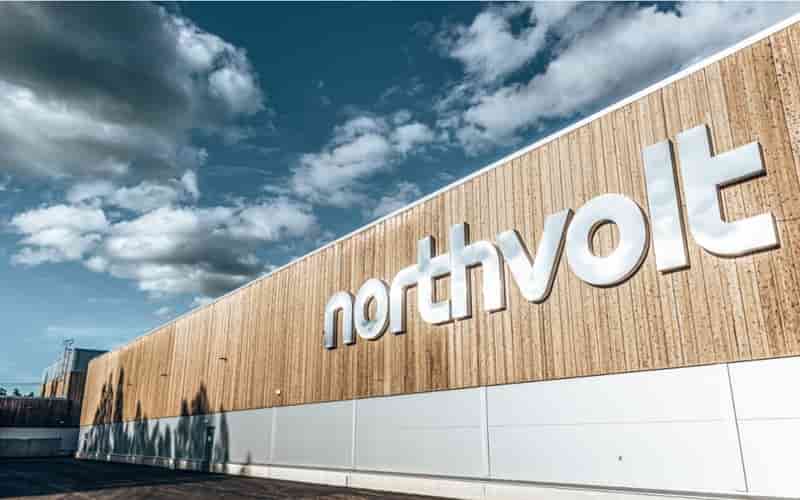Bio-Plastic – Northvolt faces significant financial challenges as it files for creditor protection for one of its units 11-10-2024
Bio-Plastic
Avantium and Plastipak have signed an offtake agreement for the use of Avantium’s 100% plant-based, recyclable polymer PEF in beverage and food packaging
Plastipak, a global leader in rigid plastic containers, will source PEF from Avantium’s FDCA Flagship Plant for packaging products in the U.S. market. Plastipak has actively tested PEF, a high-performance polymer, for its compatibility with existing PET recycling systems and its potential to enhance packaging performance. Bio-Plastic
PEF offers significant benefits, including superior barrier properties that extend product shelf life, higher mechanical strength for lighter packaging, and a lower processing temperature, which reduces energy use compared to conventional fossil-based plastics. These advantages make PEF suitable for both monolayer and multilayer packaging applications, with PEF acting as an effective barrier in multilayer PET packaging.
The collaboration aims to scale up the commercial use of PEF in Plastipak’s packaging solutions, contributing to the company’s goals of sustainability and resource efficiency. Plastipak’s Chief Operating Officer, Matthew Franz, emphasized PEF’s role in reducing the carbon footprint of their products while introducing innovative materials to the market.


Inside the debate over PLA, the packaging industry’s favorite bioplastic
Polylactic acid has been around for decades, but it only became popular for compostable packaging more recently. While some question its credentials, the packaging sector expects demand to grow.
This summer, attendees of the Paris Olympics who imbibed at the Cass Pocha outdoor food and drink stall near the Eiffel Tower were offered PLA cups that they could later toss into a special collection bin, thanks to a collaboration between Cass beer, TotalEnergies Corbion and Korean bottler Sansu. Bio-Plastic
Companies recently supported a collection bin for PLA cups at the 2024 Olympics in Paris.
In fact, large sporting events or festivals — especially in cities with policies that ban certain types of plastic packaging — often serve beverages and food in packaging made from polylactic acid.
Single-use packaging is by far the largest end use of PLA, by volume, and demand is growing. The global PLA market as a whole, which also includes agricultural, textile and 3D-printing applications, is expected to see nearly 12% compound annual growth until 2032, when it could exceed $3 billion. But as the PLA packaging market grows, so does the debate over the material’s environmental credentials. Bio-Plastic
This is largely based on how PLA is marketed; how quickly and fully it biodegrades in composting environments; and its overall suitability for packaging at a time when climate and public health advocates want to see marked declines in single-use plastics.

Northvolt faces significant financial challenges as it files for creditor protection for one of its units
A spokesperson confirmed efforts to find alternative solutions, but they were unsuccessful, forcing the company to declare bankruptcy for its subsidiary. This move aims to isolate the troubled unit and buy time for a larger fundraising effort that could stabilize the electric vehicle battery maker’s finances. Bio-Plastic
Northvolt has halted the expansion of its Skellefteå plant, managed by Northvolt Ett Expansion AB, due to liquidity issues. The company is conducting a strategic review to strengthen its core business and is in the process of securing financing, with updates expected soon.
Since its founding in 2017, Northvolt has raised about $10 billion in equity and debt, but its financial situation remains fragile. A $28 million tax bill due in mid-October poses another test for the company’s liquidity. Bio-Plastic
While Northvolt has received strong support from governments and investors, its current struggles highlight the broader challenges facing the electric vehicle industry. The situation underscores the difficulty of scaling up clean energy projects in a highly competitive market.

Honeywell plans to spin off its Advanced Materials business into an independent, publicly traded company by late 2025 or early 2026
The spin-off, expected to be tax-free for shareowners, will create a company with around $3.8 billion in revenue and an EBITDA margin of over 25% in FY2024. The new entity will focus on sustainability-driven specialty chemicals and materials, including leading brands like Solstice®, Spectra®, Hydranal®, and Aclar®. Bio-Plastic
This move aligns with Honeywell’s strategy to simplify its portfolio around three major trends: automation, aviation’s future, and energy transition. Honeywell’s CEO, Vimal Kapur, emphasized that the spin-off will allow the Advanced Materials business to focus on innovation, leveraging its technologies and customer relationships to pursue growth and sustainability.
The decision also supports Honeywell’s broader strategy to accelerate organic growth, enhance its operating systems, and streamline its portfolio through strategic acquisitions and divestitures. Bio-Plastic
Recent acquisitions, including Carrier Access Solutions and Air Products’ LNG business, showcase the company’s commitment to high-return investments.
After the spin-off, Honeywell aims to improve organic sales, reduce capital intensity, and increase free cash flow, while positioning both Honeywell and the new company for long-term growth and value creation.

POLYMEER kicks off to transform brewers’ waste into high-value bioplastics
The project, funded by the Circular Bio-Based Europe Joint Undertaking HORIZON program, will establish a sustainable bio-based value chain for bioplastics.
AIMPLAS is part of an international consortium including academic institutions, research centres, and companies from 8 countries. Bio-Plastic
Currently, bioplastics represent only 1.5% of global plastic production, with projected growth insufficient to meet market needs. Brewers’ spent grain (BSG), which is rich in fibre and protein, is mostly used as low-value animal feed or discarded in landfills, contributing to environmental issues. BSG has the potential as feedstock for bioplastics, however, current applications are limited by poor mechanical properties and lack of scalability.
The aim of the POLYMEER project is to establish a sustainable bio-based value chain for bioplastic products. Through the efficient conversion of wet brewers’ spent grain into high added value materials, the project will diversify the array of innovative material solutions capable of replacing traditional plastics. Bio-Plastic
AIMPLAS, the Plastics Technology Centre, participates in this project that seeks to address these challenges by developing high-value uses for BSG in bioplastics to replace fossil-based feedstocks.
POLYMEER will develop new bio-based polymers, copolymers and polymer blends based on BSG exploiting green, waste-minimized processes, expanding innovative alternatives to traditional plastics. Bio-Plastic

The Impact of US Elections on the Textile Industry
The textile industry in the U.S. is closely tied to political developments, with elections significantly influencing policies affecting manufacturing, trade, labor, and consumer behavior.
Trade Policies and Tariffs
Election outcomes can reshape trade policies, affecting tariffs on imported textiles. A pro-manufacturing candidate may impose tariffs to protect domestic producers, while a free-trade advocate might seek to lower tariffs, impacting competitiveness and consumer prices. Bio-Plastic
Labor Policies
Candidates’ positions on minimum wage and labor rights directly affect operational costs for textile manufacturers. Increases in minimum wage can raise costs for companies reliant on low-wage workers, while labor flexibility policies may facilitate more efficient operations.
Environmental Regulations
Elections also influence environmental policies, which have become critical in recent years. Stricter regulations on waste and emissions can increase costs but may drive innovation in sustainable practices, appealing to environmentally conscious consumers. Bio-Plastic
Consumer Confidence and Spending
Political climates affect consumer confidence and spending patterns. Stability encourages spending, benefiting retail and textiles, while a focus on “Made in America” products can sway consumer preferences.
Innovation and Technological Investment
Government support for research and development can enhance technological advancements in the industry. Candidates prioritizing innovation can lead to investments that boost productivity and sustainability. Bio-Plastic

Bio-Plastic
